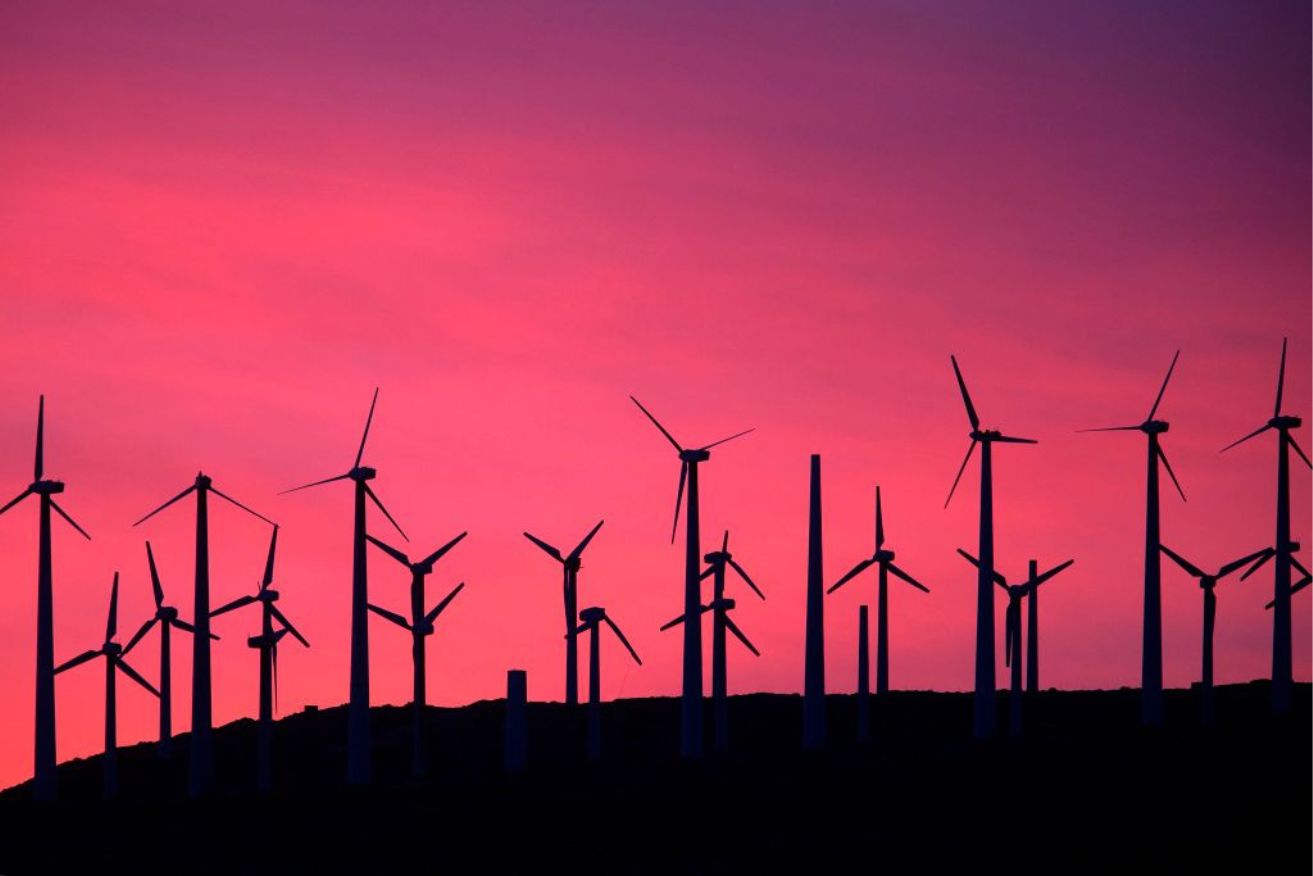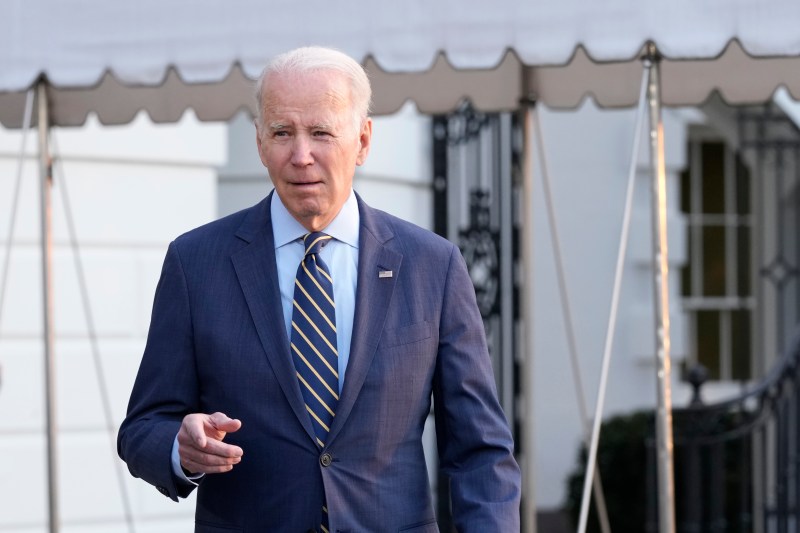Extract from The New Daily

ANALYSIS
Governments across the globe are scrambling to develop, adopt and legislate policies to give effect to the clean energy revolution that is needed to hit the 2030 and 2050 Paris Agreement targets.
In Australia, we are primarily focused on transitioning from dirty fossil fuel electricity generation to reduce our own emissions, but global industry efforts to tackle climate change are said to be creating opportunities for us to once again become a country that makes things.
Meanwhile, in the US, clean energy and carbon reduction schemes have been motoring along at a blistering pace thanks to the Inflation Reduction Act (IRA). Despite its obfuscatory title, it represents the central piece of policy legislated to give effect to the ‘Bidenomics’ behind the clean energy push.
The White House says, “The Inflation Reduction Act makes a historic commitment to build a new clean energy economy, powered by American innovators, American workers and American manufacturers”.
It does that “through a combination of grants, loans, rebates, incentives, and other investments”, the centrepiece of which are “two dozen tax provisions that will save families money on their energy bills and accelerate the deployment of clean energy, clean vehicles, clean buildings, and clean manufacturing”.
And it appears to be working. According to the White House, after just 12 months, the IRA is credited with encouraging more than $110 billion in private sector investment in US clean energy manufacturing and creating more than 170,000 jobs.
Its projected cost is about $US400 billion ($598 billion), but many of the incentives are uncapped, so the actual cost could be even higher. Funded by more taxes on big business, that spend is increasing global competition for investment capital needed to fund renewable energy projects.
With investors looking to park money in countries with policy regimes that offer the best return, projects in countries like Australia may be jeopardised by a lack of investment due to poorer or less certain domestic policy settings.
The IRA has been hailed by many for the stimulating impact it is having on the US economy, creating good jobs, prioritising local content, and getting their post-Trump revived net-zero commitments on track.
For example, the tax credit provided for producers of renewable electricity is increased five times for projects that meet “prevailing wage and registered apprentice requirements” and by an additional 10 per cent for meeting local content targets in steel, iron and manufactured products.
Almost all carrot, no stick
Others, including the European Parliament, have criticised the IRA for its local content incentives labelling it “protectionist” and in violation of the US’s obligations to the World Trade Organisation.
One study commissioned by the EP even suggested that the European Union “should file a case at the WTO, possibly together with other concerned partners” and “work with allies and countries also affected by the IRA, such as South Korea, Australia, New Zealand and Japan”.

US President Joe Biden’s Inflation Reduction Act has been hailed for getting clean energy targets on track. Photo: AAP
But protectionist or not, the IRA provides a federal solution to support the resolution of a global problem and, as so often happens with the actions of the land of the free (market), it has got the whole world talking.
Australian picture a little different
In November, federal Treasurer Dr Jim Chalmers said that Australia will “not copy” the IRA but will instead look to implement a set of policies to realise what he said are “Australia’s unique geographical, geological, geopolitical, intellectual and meteorological advantages”.
And those are nice words, but what they actually mean is somewhat unclear. Although it is certainly the case that we have lots of land and wind and sun, as well as many other natural mineral resources that provide us with unique opportunities.
Ross Garnaut, Emeritus Professor of Economics at University of Melbourne – and critic of the IRA – has said that by reducing emissions to net zero, Australia will reduce global emissions by just one per cent.
But in an article published by the AFR, Professor Garnaut also argued that “Australia supplying zero-emissions goods – especially processed forms of materials we currently export in raw form, like iron and aluminium – could remove another seven per cent”.
Seemingly presenting an opportunity to “onshore” the manufacturing and production of goods that are made from raw materials currently mined here and sent over to countries like China to be turned into things, and in some cases, sent back.
Our “natural advantage” being that we could do so relying on our abundant clean energy sources and wide-open space to harness them, that other densely populated manufacturing countries just don’t have.
A disadvantage is that unlike the US and other developed economies around the world, we don’t have much of an industrial manufacturing base left for revival.
In 2017 we produced our last passenger vehicle in Australia, and with the closure of that industry, so went an extensive supply chain of foundries and advanced component manufacturers that no longer had a local market to service.
So, for Australia, it would be more like a manufacturing rebirth.
New industry policy
But that may be exactly what’s on the table.
During his November address to the Economic and Social Outlook Conference in Melbourne, Dr Chalmers said Australia will be looking to support the development of “home-grown advanced manufacturing” of clean energy products like batteries, and to keep more of the refining process of other critical minerals in Australia, which he says will be “underpinned by and dependant on abundant, cheap, reliable, renewable energy”.
And although our renewable energy might be cheap, talk is even cheaper, and Australian manufacturing industries have been promised – but rarely delivered – many glorious revivals.
Maybe this time, with the US and its IRA shaking the foundations of the race to net zero, the looming targets and geopolitical climate will provide the appropriate impetus for our government to adopt the right combination of policies and industry support to make us make things again.
Scott Riches is a former union official with the Electrical Trades Union Victorian branch, and a practising employment lawyer. He is also a volunteer in the employment clinic at the Fitzroy Legal Service
No comments:
Post a Comment